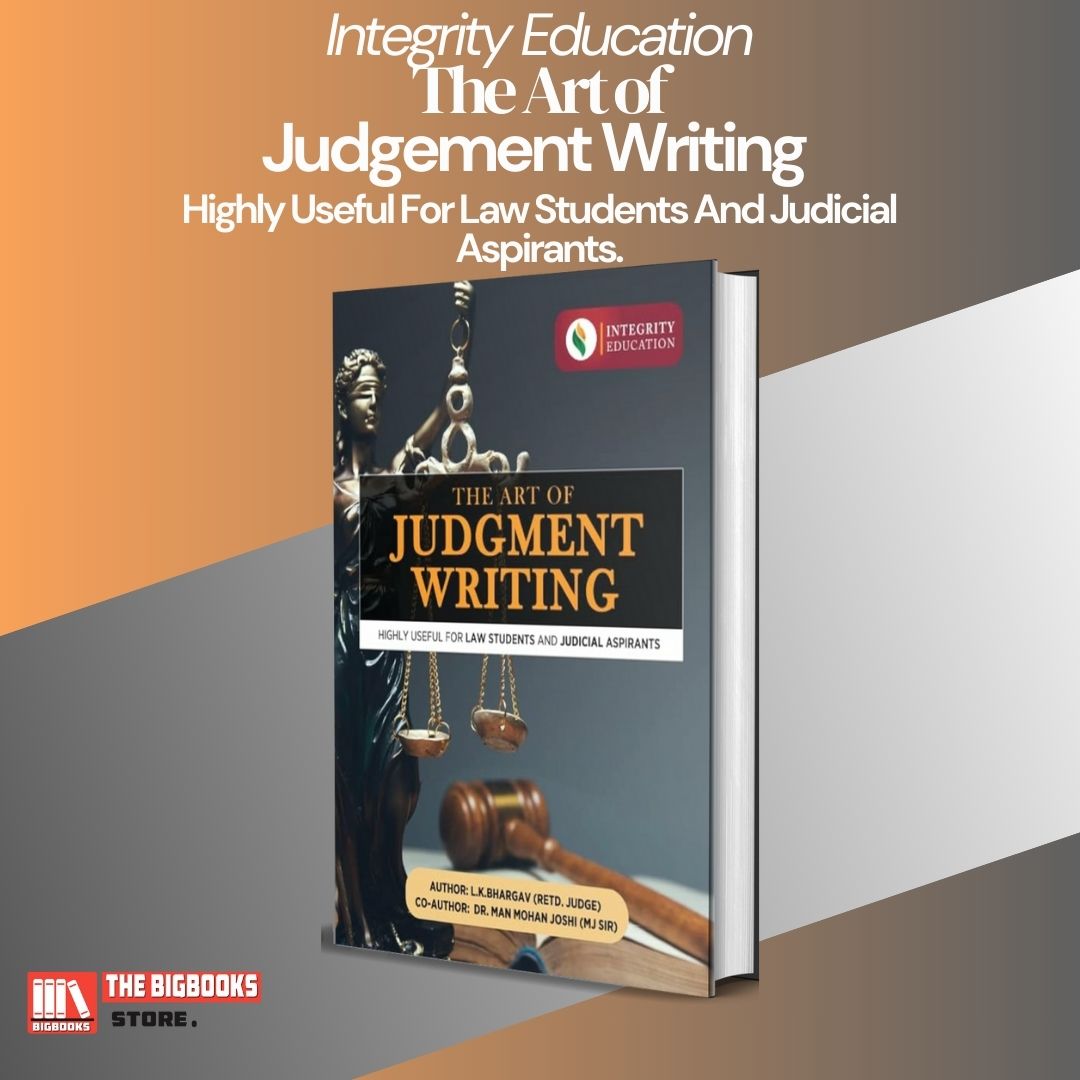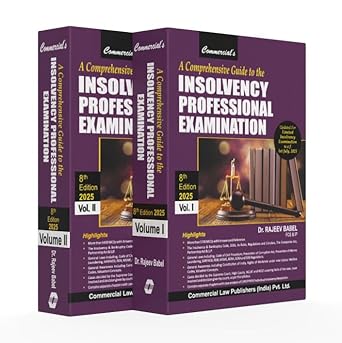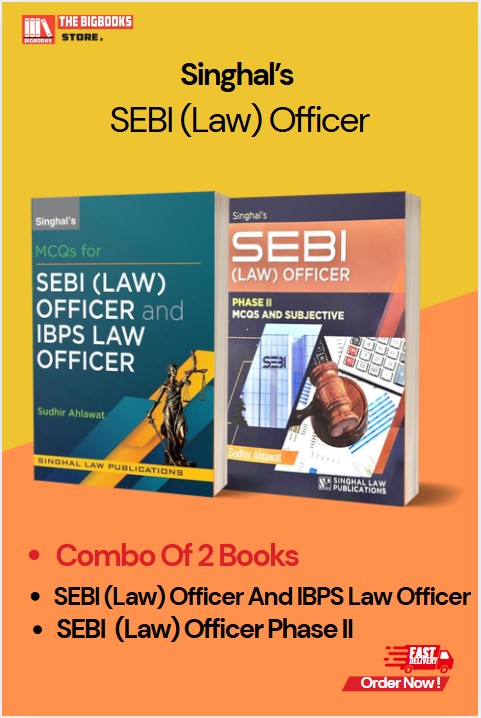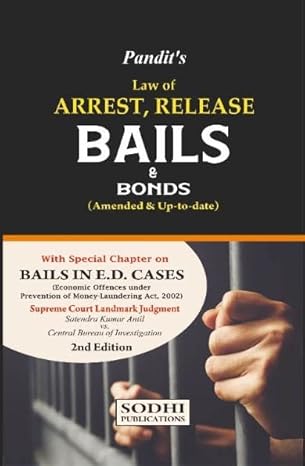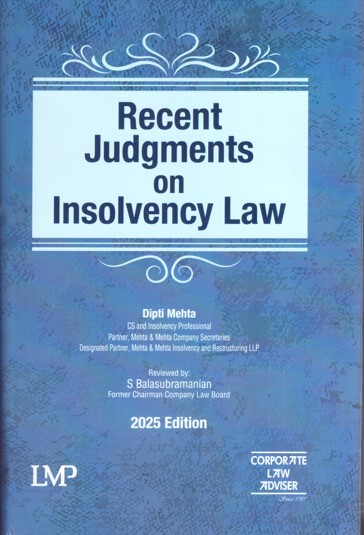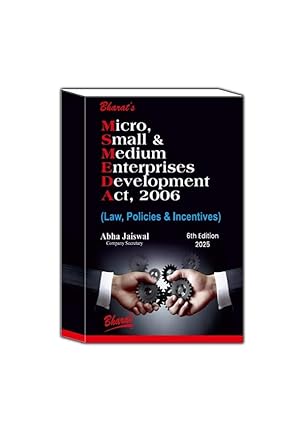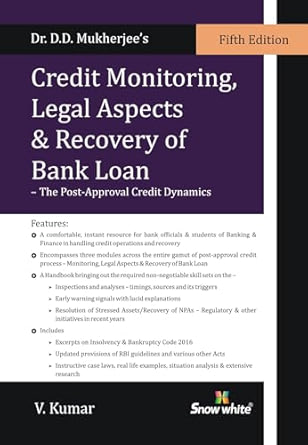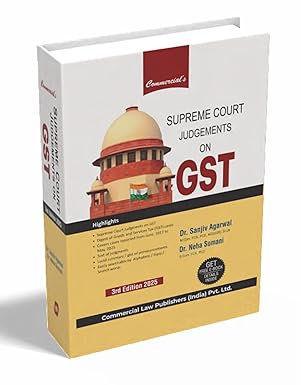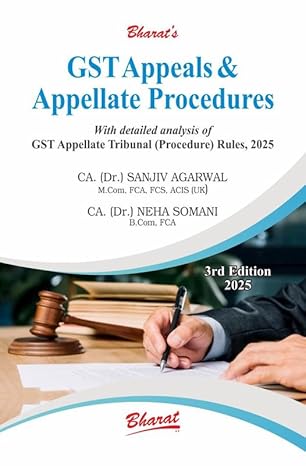The Art Of Judgment Writing Highly Useful For Law Students And Judicial Aspirants.
"The Art of Judgment Writing" guides law students and judicial aspirants through crafting clear, concise, and impactful judgments. It demystifies legal reasoning, structure, and language, offering practical tips to enhance analytical skills. This essential resource builds confidence in writing effective, legally sound decisions.
The Art of Judgment Writing: Highly Useful for Law Students and Judicial Aspirants
This comprehensive guide delves into the intricate craft of judgment writing, equipping law students and judicial aspirants with the essential skills to produce clear, concise, and legally sound judgments. It demystifies the process, transforming what can be a daunting task into a structured and manageable endeavor.
This book is tailored for:
- Law Students: To master the art of legal reasoning and articulate their findings effectively in moot court competitions, academic papers, and future legal practice.
- Judicial Aspirants: To prepare thoroughly for judicial service examinations and develop the practical skills required for writing judgments in a courtroom setting.
- Legal Professionals: To enhance their writing proficiency and gain insights into the judicial perspective on legal arguments and decision-making.
Key features of this invaluable resource include:
- Structured Approach: A step-by-step guide to the judgment writing process, from analyzing facts and identifying legal issues to formulating decisions and drafting clear, logical conclusions.
- Legal Principles & Reasoning: In-depth explanations of fundamental legal principles, logical reasoning, and the application of legal precedents.
- Language & Style: Practical advice on using precise legal language, maintaining objectivity, and crafting a persuasive narrative.
- Types of Judgments: Detailed coverage of various types of judgments, including civil, criminal, and appellate judgments, with specific examples and templates.
- Case Analysis & Interpretation: Techniques for analyzing complex case facts, identifying relevant legal issues, and interpreting statutory provisions and judicial precedents.
- Ethical Considerations: Discussion of the ethical responsibilities of judges and the importance of impartiality and fairness in judgment writing.
- Practical Examples & Exercises: Numerous examples of well-written judgments and practical exercises to reinforce learning and develop writing skills.
- Checklists & Templates: Ready-to-use checklists and templates to guide the judgment writing process and ensure comprehensive coverage of essential elements.
- Latest Legal Developments: Incorporation of recent legal developments and judicial pronouncements to keep the content current and relevant.
The content of the book is organized as follows:
- Introduction to Judgment Writing: An overview of the purpose and importance of judgment writing, the role of judges, and the essential qualities of a well-written judgment.
- Analyzing Facts & Identifying Issues: Techniques for dissecting complex case facts, identifying relevant legal issues, and framing the questions to be decided.
- Legal Research & Reasoning: Strategies for conducting effective legal research, applying legal principles, and constructing logical arguments.
- Structure & Format of Judgments: Guidelines for organizing the content of judgments, including the introduction, factual background, legal analysis, decision, and conclusion.
- Language & Style in Judgment Writing: Advice on using clear, concise, and precise language, avoiding ambiguity, and maintaining a professional tone.
- Writing Different Types of Judgments: Detailed guidance on writing civil, criminal, and appellate judgments, with specific examples and templates.
- Ethical Considerations in Judgment Writing: Discussion of the ethical responsibilities of judges, including impartiality, fairness, and transparency.
- Practical Exercises & Examples: Numerous exercises and examples to reinforce learning and develop practical judgment writing skills.
- Appendices: Includes checklists, templates, and other resources to aid in the judgment writing process.
The book is structured to provide a comprehensive learning experience:
- Theoretical Foundations: Establishes a strong understanding of the principles and concepts underlying judgment writing.
- Practical Application: Emphasizes the practical application of these principles through examples, exercises, and templates.
- Skill Development: Focuses on developing the essential skills required for effective judgment writing, including legal reasoning, analysis, and communication.
- Preparation for Examinations: Serves as a valuable resource for judicial service examinations, providing comprehensive coverage of relevant topics and practical guidance.
- Professional Growth: Equips legal professionals with the tools and knowledge to enhance their writing proficiency and contribute to the administration of justice.

